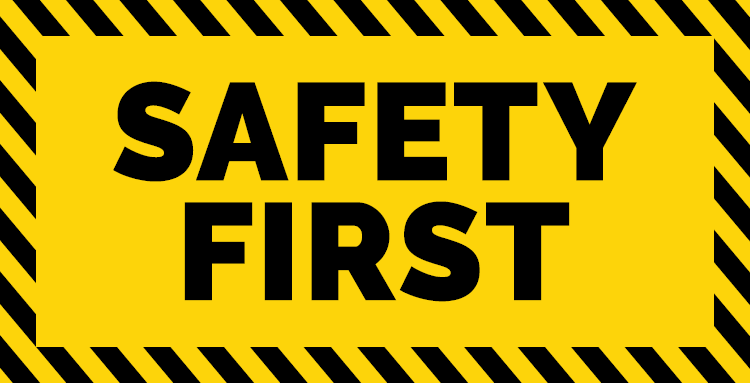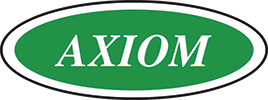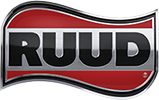As autumn rolls on, the leaves fall and the first flakes fly, annual home service calls for both HVAC and plumbing businesses ramp up. Many homeowners want their main drains inspected (it should be a must-do), their boilers tuned up, filters changed, and much more.
It’s a busy season for service pros — your calendars fill up fast, and service vehicles line residential streets almost every day.
It’s a great time to ready a home before winter sets in. But it’s also an opportunity for thieves to turn a service call into a police call.
According to the U.S. Department of Justice:
- 34% of burglars enter through an unlocked front door
- 65% of burglaries happen during daylight hours
Those are prime service call conditions. And it’s not just homeowners who are vulnerable. Workers are targeted, too, with thieves robbing service vehicles of all the tools they can carry while your pro is inside doing the job. Last year in Minneapolis, there was such a rise in this type of crime the police department issued a warning to service companies to be on guard.
Here’s how and why it’s easy for thieves to target homes that are in the midst of a service call, how you can prevent theft before it happens and what to tell homeowners before a service call begins.
The opportunity
The home’s front door (and your truck) may be unlocked. You know what it’s like on a residential job site. You’re going in and out of the house, to your service vehicle and back inside. Sometimes, you even prop the door open if you’re working with heavy equipment you need to carry in and out.
Most service calls happen in the daytime hours. Neighborhoods may be quiet if people are at work and their kids are at school. Service vehicles are clearly marked and visible, letting potential thieves know where you are.
Your service pros may not know the homeowner. If it’s the first time you’ve been to a client home, your people don’t really know the homeowner, although it’s clear who they are when they answer the door, right? Right. But your service people don’t know who else lives in the house or who is authorized to be there.
Pets are secured. You’ve probably got this stipulation in your service agreement — the client’s pets need to be secured for your people to safely get the job done. It also means they’re not able to alert a homeowner to a stranger in the house.
A service van on the street + an unlocked door + daytime hours + little knowledge of who belongs in the home + pets who might prevent strangers from entering a home are secured is the recipe for a crime of opportunity. A thief can waltz into the home like he or she belongs there and waltz out with a purse, keys, a computer or other valuables before the service tech can even say hello.
How you can prevent it
No service tech should have to double as a watchman, but training your staff to be the first line of defense can stop a theft before it starts. Here are some things your staff should be aware of when they go on service calls:
Wear branded clothing. Your service techs shouldn’t be showing up in a random t-shirt and jeans. At the very least, they should wear a shirt with your company logo and a name tag and carry identification. While this is standard operating procedure in many shops, it’s good to refresh why it’s important — homeowner safety and peace of mind.
Always lock the vehicle. This may also be standard, but it’s easy to leave the truck or van unlocked if you’re going back and forth.
Keep the home’s front door locked. Again, if you’re going in and out, locking it up every time can seem like a bother. But it is the best, easiest and safest way to keep thieves out.
Know who’s who. Before your tech begins the job, he or she should ask the homeowner who else might be coming and going during the call. Some service companies even have software that can time stamp who entered and left the house. If your people know who’s who, it’s easier to identify who… isn’t.
Speak up. If someone enters the home or property that you haven’t been told about, even if they’re acting like they belong there, politely ask who they are. A quick “Can I help you?” might be all it takes. Alert the homeowner and, if necessary, phone the police.
Ask the homeowner to secure valuables. Oftentimes, homeowners don’t think twice about keeping keys on the hook by the door, a purse slung over a chair or their computer on the table. Suggest they gather up that stuff and keep it with them while you do your work. It protects them from theft, but it also protects your crew from accusations.
What homeowners should do
A plan for home security during service calls works best when you and the homeowner work together to assure it.
Here’s a checklist you can give to your customers ahead of a service call.
Lock other doors and windows. The tech may be primarily using the front or side door, but the others should be locked up tight.
Don’t announce it on social media. There’s no need to let anyone know the home will be open to a service call.
Stay present and aware. Tell homeowners not to disappear into a home office or den for the duration. They should be mindful of who is coming and going.
Put valuables away. Anything of value that can be easily lifted — purse, wallet, keys, identification, laptops, phones — should be put safely away for the duration of the visit.
Limit access. Close all doors to bedrooms, offices, dens and other areas that aren’t a part of the work site.
Invest in cameras and doorbells. Basic security can bring peace of mind and deter potential criminals.
Bottom line: A few preventative steps and common-sense tips can help safeguard homeowners and your workers on a job site. Here’s to a safe and productive season!






